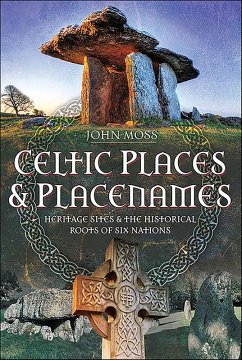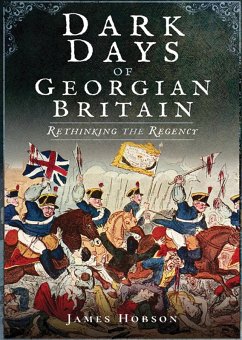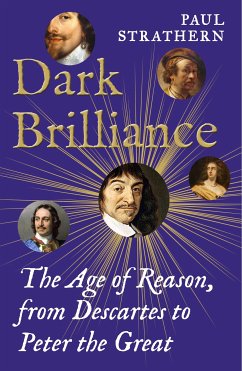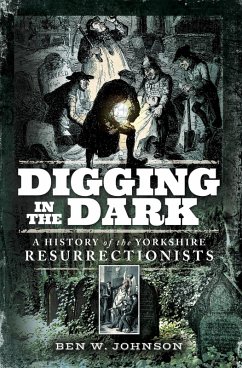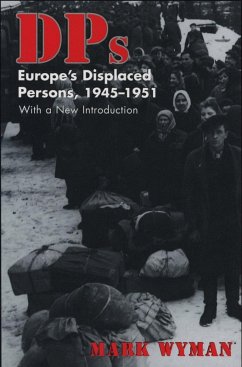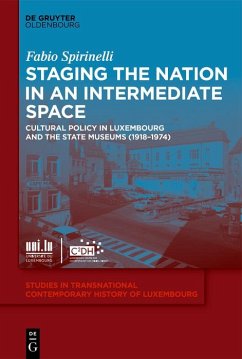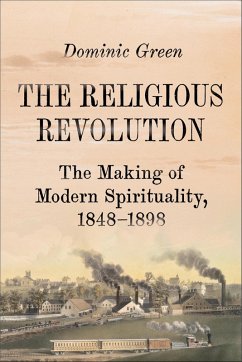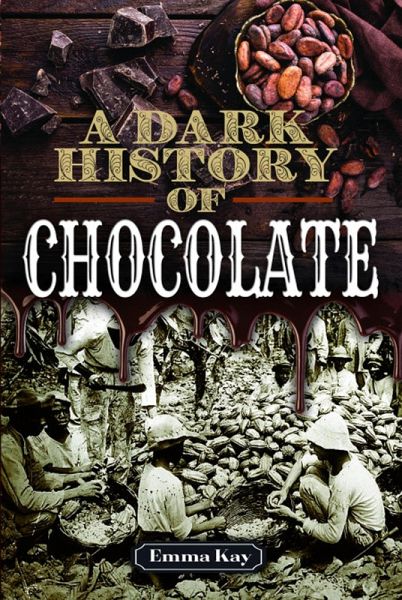
A Dark History of Chocolate (eBook, ePUB)
Versandkostenfrei!
Sofort per Download lieferbar
7,48 €
inkl. MwSt.
Weitere Ausgaben:

PAYBACK Punkte
0 °P sammeln!
A Dark History of Chocolate looks at our long relationship with this ancient 'food of the Gods'. The book examines the impact of the cocoa bean trade on the economies of Britain and the rest of Europe, as well as its influence on health, cultural and social trends over the centuries. Renowned food historian Emma Kay takes a look behind the façade of chocolate - first as a hot drink and then as a sweet - delving into the murky and mysterious aspects of its phenomenal global growth, from a much-prized hot beverage in pre-Colombian Central America to becoming an integral part of the cultural fab...
A Dark History of Chocolate looks at our long relationship with this ancient 'food of the Gods'. The book examines the impact of the cocoa bean trade on the economies of Britain and the rest of Europe, as well as its influence on health, cultural and social trends over the centuries. Renowned food historian Emma Kay takes a look behind the façade of chocolate - first as a hot drink and then as a sweet - delving into the murky and mysterious aspects of its phenomenal global growth, from a much-prized hot beverage in pre-Colombian Central America to becoming an integral part of the cultural fabric of modern life. From the seductive corridors of Versailles, serial killers, witchcraft, medicine and war to its manufacturers, the street sellers, criminal gangs, explorers and the arts, chocolate has played a significant role in some of the world's deadliest and gruesome histories. If you thought chocolate was all Easter bunnies, romance and gratuity, then you only know half the story. This most ancient of foods has a heritage rooted in exploitation, temptation and mystery. With the power to be both life-giving and ruinous.




